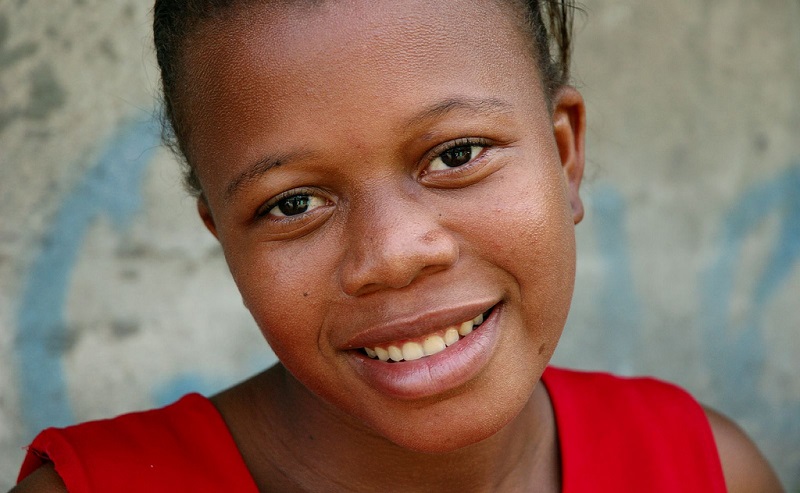Honduras has a forest area equivalent to almost half of its territory; however, the country faces serious problems with deforestation and degradation. Studies estimate up to 67,000 hectares are lost each year from agricultural encroachment and illegal logging. About 70% of the country’s broadleaf forests are in territories belonging to indigenous peoples. Meanwhile, the country’s rural communities have limited access to the economic benefits of forests and do not participate in decision-making.
With the UN-REDD Programme, that has started to change, with women in particular participating at record levels in workshops, political dialogue and consultations. The Honduran Federation of Agroforestry Cooperatives (FEHCAFOR) held a series of workshops in 2017 where participating women came up with a gender proposal to be delivered to MiAmbiente, the implementing partner for the UN-REDD Programme in the country. Among other things, the proposal called for the incorporation of women from the indigenous, Afro-Honduran and local communities.
“We, as indigenous women, need to participate in the whole process that REDD+ and MiAmbiente are developing,” says Candida Dereck Jackson of the Miskitu People. “We need to be informed and participate and that means not only being on an attendance list but having roundtable discussions and presenting our own ideas.”
As a result of its efforts over the years to encourage the participation of women, there was a record 43% of female participants at more than 60 REDD+ workshops held in Honduras last year. At events and workshops - some women-focused - Honduran women have shared their knowledge and concerns.
“We need to replicate what we are learning in the REDD+ process in our communities so that women can look for a way to face the effects of climate change,” says Nely Gonzalez, Representative in CONPAH (The Network of Afro-Honduran Indigenous Women and the Confederation of Autonomous peoples of Honduras). “We are the ones who feel it the most.”
Gender-focused workshops have seen women participating from indigenous communities, government ministries, academia, agro-forestry, business, NGOs and civil society. These workshops ranged from collecting data on institutional gender dynamics in the country to providing a forum for women to share their perspectives on REDD+, showcasing not only the inclusion of women, but also capacity building on connecting gender with REDD+ activities.
